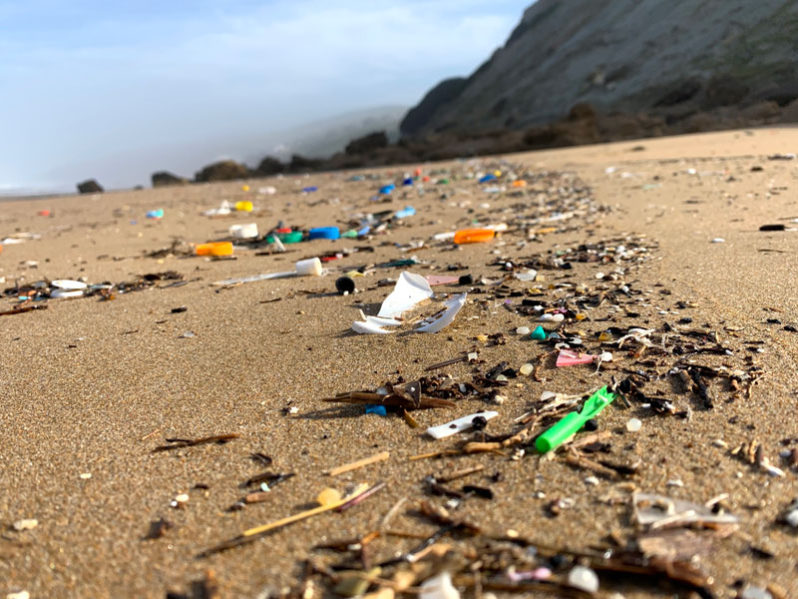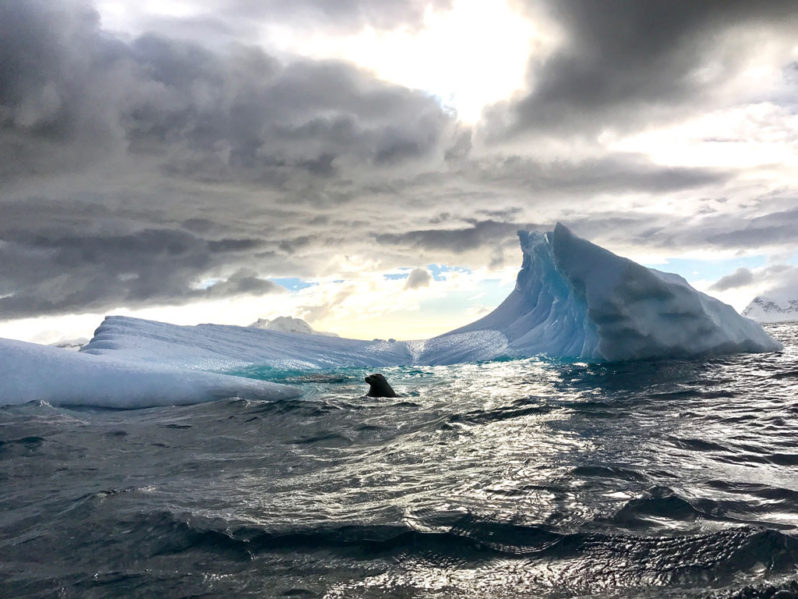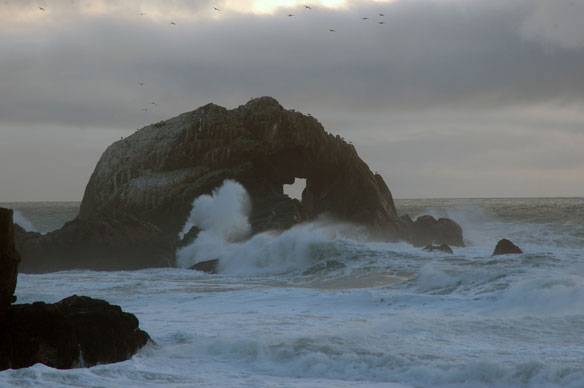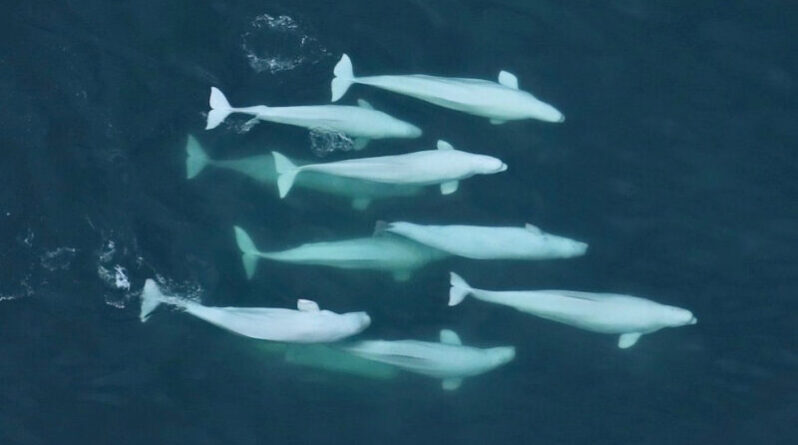Microplastics found in a quarter of San Diego estuary fish

Nearly a quarter of fish collected from a San Diego stream contain microplastics. The study, which examined plastics in coastal sediments and three species of fish, showed that the frequency and types of plastic ingested varied with fish species and, in some cases, size or age of fish.
Beyond your doorstep: What you buy and where you live shapes land-use footprint

In recent years, the attention of scientists and environmentalists has turned toward how population growth and urban expansion are driving habitat loss and an associated decline in ecosystem productivity and biodiversity. But the space people directly occupy is only one part of the land-use puzzle, according to new research.
Exploring the secrets of marsh happiness

NOAA research reserve scientists and partners recently published a study that examines the secret to marsh happiness. The team learned that “happy” marshes shared similar characteristics, whereas “unhappy” marshes deteriorate in diverse ways. By understanding how marshes can deteriorate so differently, coastal managers can make wiser conservation decisions.
Antarctica Warmer Than Tel Aviv

Temperature in the northern Antarctic peninsula hit an all-time high of 18.3 degrees Celsius (64.9 degrees Fahrenheit) on February 6, says an Argentine research station there. In February, the daytime temperature in Tel Aviv averages 64.5 degrees.
The danger of creating a designer planet

It is understandable that in the absence of a meaningful action plan emerging from last December’s UN climate meeting in Madrid people are grasping at almost any idea that might offer a solution to climate change. But pursuing an idea without a firm understanding of the inner workings of our planet is folly at best and just plain dangerous at worst
Why Australia’s 2019-2020 bushfire season was not normal

Data from satellite sources assembled by the United Nations Environment Programme’s (UNEP) World Environment Situation Room confirms that the wildfires in Australia in the last two months of 2019 and the first six weeks of 2020 were far from normal. 2019 was the second hottest year on record since 1880, and Australia recorded its warmest temperatures ever in December 2019.
Salvation or pipe dream? A movement grows to protect up to half the planet

Leading scientists and conservationists are proposing that up to 50 percent of the earth’s land and oceans be protected in the coming decades. While some view the goal as unrealistic, proponents say it is essential for preserving the natural systems on which life itself depends.
The toxic reach of Deepwater Horizon’s oil spill was much larger — and deadlier — than previous estimates

The spread of oil from the Deepwater Horizon disaster in the Gulf of Mexico was far worse than previously believed, new research has found.
Scientists listen to whales, walruses and seals in a changing Arctic seascape

A year-round acoustic study of marine mammals in the northern Bering Sea is providing scientists with a valuable snapshot of an Arctic world already under drastic pressure from climate change.
